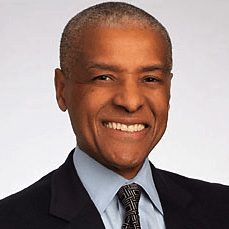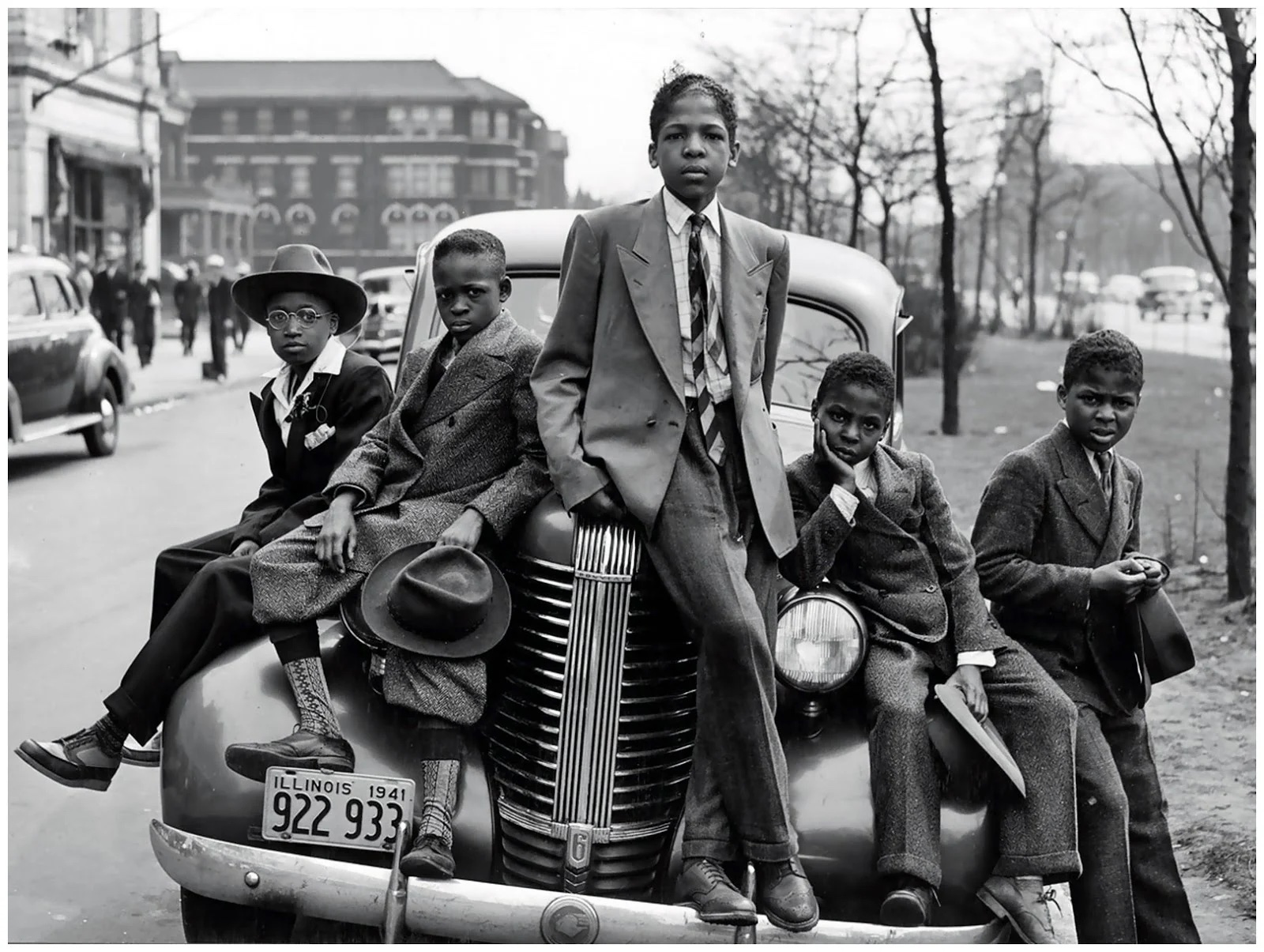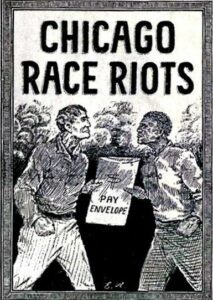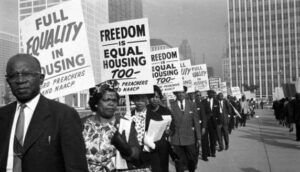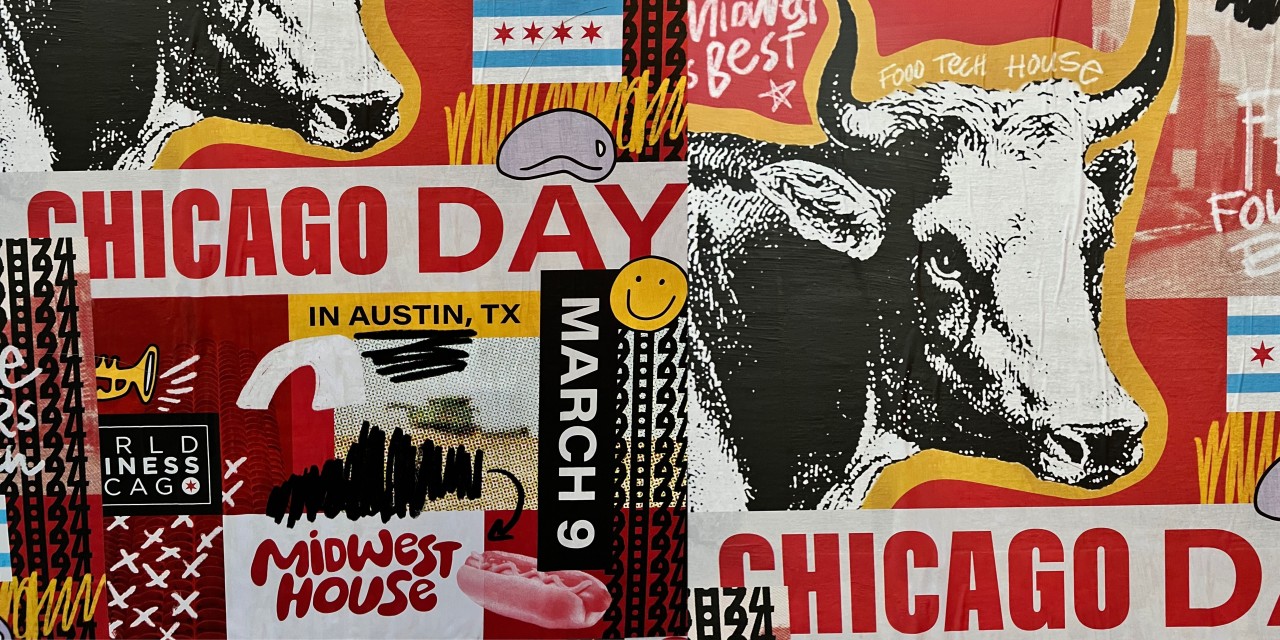By: Markayle Tolliver
As Chicago continues to grow as well as the advancement and contributions of the African-American community, there are new heights that Blacks continue to aim for and achieve. African-Americans have had many important and vital roles that have led to great local, national and international changes and impact. Here’s a look at where we stand with Black achievement in the business community and the history behind the Black leaders of Chicago.
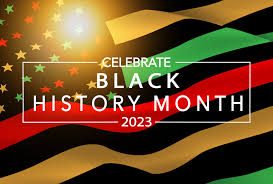
The city of Chicago was founded around 1780 by an African-American/Haitian male, Jean Baptiste Point duSable. Although du Sable’s settlement was early in the 16th century, African-Americans weren’t established here until 1840 after some passing of laws in Illinois that prohibited them from living here. As time continued to develop, there were more and more changes that eradicated the idea that African-Americans were to be segregated from others. As laws changed, the growth of Blacks also increased as well as their contributions in many different work industries.
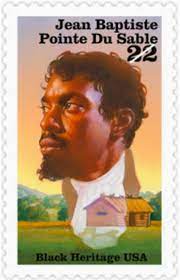
In 1919, Chicago endured a race riot that caused a violent conflict between white Americans against Black Americans and it lasted for 5 days from July 27 to August 3, 1919 on the Southside. One of the triggering events that caused the riot was because of the death of a young black male on July 27; where he was swimming in Lake Michigan and drifted to an area that was reserved strictly for whites only. The young boy was stoned and eventually drowned. After police didn’t arrest the white man who did it, that is when Black observers who saw who did, began to gather on the beach with others, and disputes and fights began. Over the weeks, more race and mob/gang fights broke out throughout the city and violence escalated every incident. By the end, 38 were dead (25 Blacks and 15 whites), 537 injured, and about 1,000 Black families were left homeless. Due to the high violence/killings and the impact (economically and geographically), this riot is considered across the nation to be one of the worst riots and known as ‘Red Summer’. President Woodrow Wilson criticized and called down ‘the white race’ as the ‘aggressor’ in the riots and efforts were launched to promote racial harmony.
“Black Experiences with Housing Discrimination”
The large black population in Chicago faced many of the same challenges that they faced in the South. It was extremely difficult for Blacks to find jobs and housing because of the competition among other ethnic groups during a time of expansion of minority groups in the city. Even though there were other methods to maintain housing discrimination such as redlining and exclusive zoning to single-family housing, by 1927 Chicago political leaders began adopting racially restrictive covenants that limited what land can be used for. At one point, as much as 80% of the city’s area was included under restrictive covenants.
The Supreme Court of the United States in Shelley v. Kraemer ruled in 1948 that racially restrictive covenants were unconstitutional, but this did not quickly solve blacks’ problems with finding adequate housing. Homeowners’ associations discouraged members from selling to black families, which resulted in maintaining residential segregation. After 1945, the early white residents (many Irish immigrants and their descendants) on the South Side began to move away under pressure of new migrants and with newly expanding housing opportunities. African Americans continued to move into the area as it predominantly became Black and the area became the black capital of the country.
“Blacks in Chicago’s Politics”
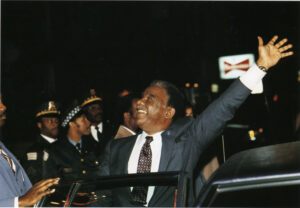
Mayor Harold Washington waves at the crowd after he won the election.
The world of Chicago politics and the Chicago business community is extremely vast and very influential to the continued growth of African-Americans and Chicago at large. In 1983, Chicago elected their first African-American mayor, Harold Washington. During a time of prejudice, animosity and strife; the Black community came together to collectively vote with enough power to allow Harold Washington to win the mayoral election against Bernard Epton, former state legislature. Washington was sworn in as mayor of Chicago on April 29, 1983.
In 2008, IL senator, Barack Obama – who resides and has work experience on the city’s Southside, became the first Black person and man to hold the position of POTUS.
Then in 2019, Chicago held a historical election that made national coverage; when Lori Lightfoot, then federal prosecutor, became the first Black woman and first openly gay person to hold the office.
“The Black Business Ecosystem of Chicago”
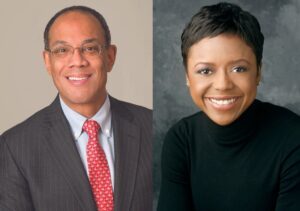
Blacks have held many C-suite level positions and run many Chicago-operated companies that provide economic growth and expansion. There are many Blacks in the Chicago business ecosystem that helps to vitalize and upkeep the business world.
In 1942, John Johnson, founded Negro Digest, now known as Johnson Publishing Company, a Black-owned publishing company founded and headquartered here in Chicago; and its mission was to elevate the positive stories of the Black community. There were times, John had issues with the printing of the publication and had many times when he had to stifle his promotions. In 1976, Black World, (the new name of the publication under new administration after the death of John Johnson) – was abruptly terminated and caused widespread protest in the Black Community. The creation of John Johnson’s publication gave way to many other Black newspapers such as Ebony, Jet, and Essence.
Mellody Hobson and John Rogers Jr, are jointly the co-CEOs of Ariel Investments, and they founded the organization in 1983; which is a global asset management company that specializes in small and mid-capitalized stocks in the US. Ariel Investments is the largest minority-owned investment company and has a strong Chicago impact in Bronzeville where the company gives support to The Renaissance Collaborative Inc.
Jim Reynolds, the CEO of Loop Capital, has worked on many Southside developments that promote economic growth and change. Recently, Reynolds and his company, was a main supporter in a new film and television studio, Regal Mile Studios coming to the South Shore community in the Summer of 2024.
